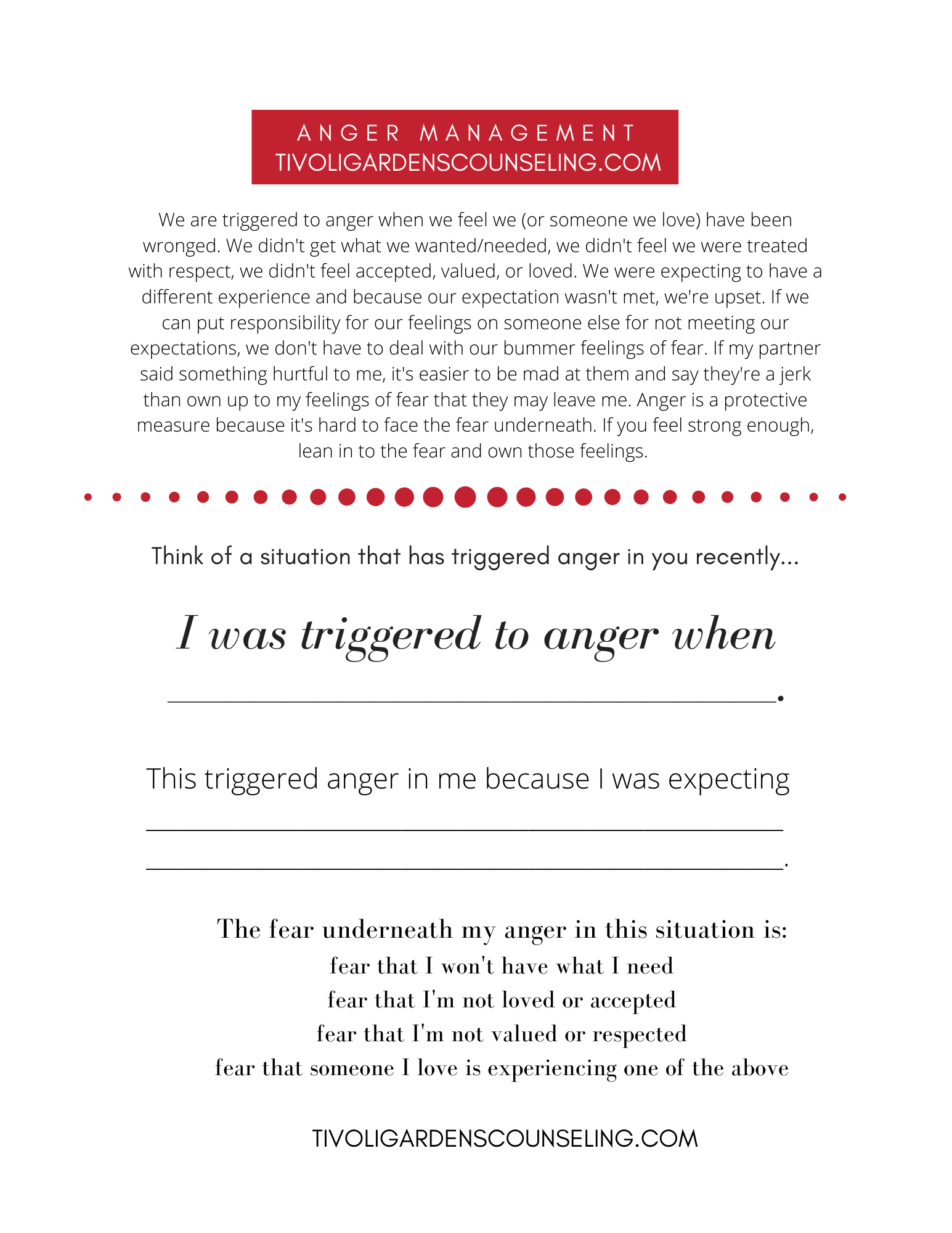If you’ve ever tried online dating, you probably know that it can make you feel like you’re on an emotional rollercoaster. One minute you’re feeling great because you just got a sweet message from a new match and the next you’re feeling like shit because you realize you’ve definitely been ghosted by the person you went out with a few days ago. Online dating doesn’t have to be so emotional, though. It can be a really enjoyable experience that can help you get your needs/wants/desires met without making you crazy. All you need to do is approach it with an open mind and…
Get clear about what you want from online dating
There are lots of reasons why people turn to online dating. Some people online date with the intentions of finding someone to marry. Some people online date as a way to find friendly people to do fun activities with. Some people online date to find someone to fulfill physical or emotional desires. Some people are looking for a lifelong partner while others are just looking for a tennis partner. All of these reasons for online dating are wonderful and valid, but in order to be successful in finding what you want, you must get clear about what you want.
Be clear about what you want from online dating
Once you know what you want from online dating, be clear about it! If you’re just looking for someone to play tennis with, it’s perfectly okay to put in your profile “just looking for a tennis partner!” Stating what you want is always the easiest way to get what you want. Being unclear will only create more work for you because you’ll have to weed through a bunch of people that don’t even like tennis. If you state what you want and someone isn’t into it, then that person probably isn’t for you.
Don’t take things personally
It’s kind of a bummer when people don’t like tennis or don’t want to play tennis with me, but I don’t take it personally. I remind myself that they’ve probably had a bad experience with the game or they don’t feel like they’re good enough to play the game with me. I also remember that sometimes I don’t like playing tennis with certain people because they don’t feel like a very good match for me. It doesn’t mean I don’t like them, it just means I don’t want to play tennis with them. Not every person you meet up with will be able to fulfill your needs or desires. And that’s okay. It doesn’t necessarily mean they don’t like you. It may just mean that they don’t like you enough to want to spend every day for the rest of their life with you.
Have realistic expectations
If you’re looking for a tennis partner, know that not everybody who plays tennis will be a good match for you. If you’re looking for a lifelong partner, know that even less people would be a good match for you. Online dating is a process and it takes time. You must have patience.
Don’t put so much pressure on the date
Even if you’re looking for a lifelong partner, a first date is supposed to be casual! All you’re doing is getting to know another person. No reason to be nervous or stressed. If you get along, great! If not, move along. This isn’t some kind of performance or competition; it’s a human interaction.
Check in with yourself
Are you enjoying the conversation or the interaction? People are often worried about how the other person is experiencing them, but your experience matters too! If you aren’t having a wonderful time, it’s okay to leave the date early or decline another hangout.
Set boundaries
People are so afraid to set boundaries, but boundaries are wonderful! Boundaries help everyone understand where the comfort zone is and where it is not. When you set a boundary, people will either respect it or they won’t. If they don’t, leave the situation as quickly as possible because this person does not and will not respect you. If they do, your boundary worked and you can feel safe and comfortable and respected!
Be open-minded
If you’re unsure about someone after a first date, give them another shot! Some people get really nervous on first dates and it might take them a little bit to calm down and act like a normal human. Also, things you think are deal-breakers aren’t always deal-breakers. You may come around to that country accent or find a soft spot for that Chihuahua.
Own who you are and know your worth
Don’t ever hide parts of who you are to appeal to someone else. If someone isn’t accepting of you as a whole person, they don’t deserve to be in a relationship with you. You are a unique, wonderful human who deserves to be loved fully and there are people out there who will love you fully if you’ll allow them. But you have to show up to be seen. And you have to own every part of yourself (even the messy parts) to be fully loved.
Sometimes it’s hard to talk about the trials and tribulations of dating. It can feel really vulnerable to talk about feeling rejected or not deserving of love. If you need a safe space to process through these feelings, therapy is a great option! If you’re in Kentucky, schedule an appointment with me! If you’re somewhere else, watch this video on how to choose a therapist!

